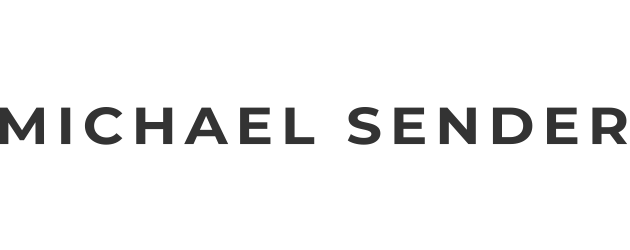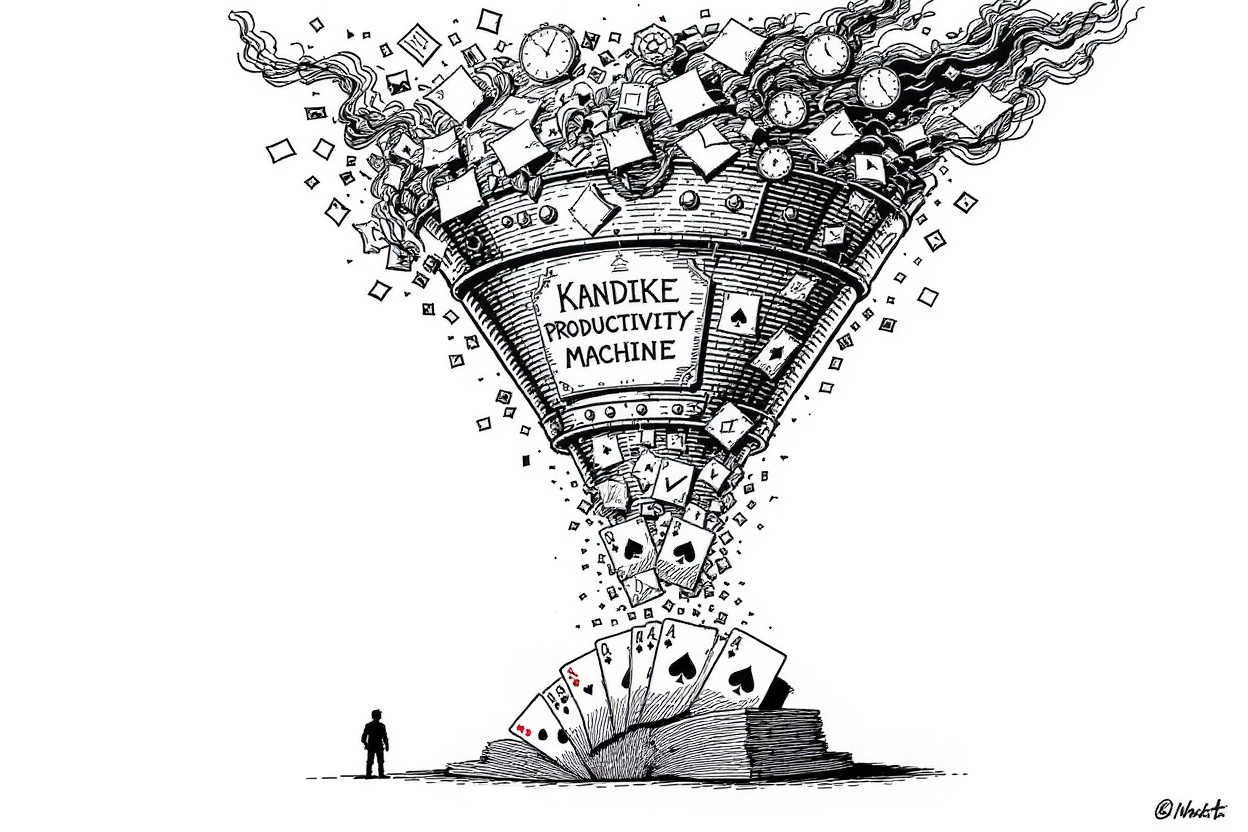The Problem With Productivity Hacks
Let’s be honest: you’ve probably tried more productivity tricks than you can count.
- The “miracle” morning routine.
- The color-coded calendar.
- The latest AI-powered task app that promised to solve everything.
For a week or two, it feels great. Then real life barges in. Emails pile up. Projects overlap. Unexpected requests steal your focus. Suddenly your carefully built system collapses, and you’re back to juggling sticky notes, browser tabs, and that nagging sense of falling behind.
The truth? Productivity hacks rarely fail because you lack discipline. They fail because they’re too brittle. They don’t survive the messy, unpredictable reality of modern work.
What If Work Was a Game?
Think about the last time you got completely absorbed in a game – maybe a board game, a video game, or even a round of solitaire. You weren’t thinking about discipline or hacks. You were just playing: making moves, adapting to surprises, and steadily moving toward victory.
What if work could feel more like that?
That’s the idea behind Kandike – a gamified lean-agile method that turns your endless to-do list into a structured, motivating game board.
How Kandike Works (in Simple Terms)
Here’s the twist: instead of tasks scattered across lists and apps, Kandike organizes everything as cards. Life deals you cards; you play them strategically.
- Quest Cards = your mid-term goals (e.g., “Launch new product line”)
- Task Cards = specific, outcome-focused actions (e.g., “Product photos published”)
- Victory Cards = game objectives that earn you points when completed
- Reward Cards = things you want to do, but only if you’ve earned the right
Each week (or “game”), you deal your cards, choose what you’ll focus on, and play them onto a Kanban-style board. Finished tasks are “discarded” into the pile, your scorecard keeps track of progress, and you literally earn victory points for achieving objectives.
The mechanics are simple, but powerful: you stop treating work as an endless stream and start treating it as winnable games.
Why This Beats Traditional Productivity Hacks
Most systems either:
- Overcomplicate your planning (so you give up), or
- Oversimplify your work (so they don’t survive reality).
Kandike solves both by:
- Externalizing your brain -> everything captured on cards, nothing lost.
- Enforcing focus -> you can only “play” a few cards at a time, so multitasking dies.
- Aligning with your goals -> every task is tied to a bigger Quest, so you know why you’re doing it.
- Rewarding progress -> instead of guilt-driven checklists, you get tangible victory points and rewards.
It doesn’t just boost output – it makes work feel lighter, more intentional, and even fun.
A Quick Example
Imagine a freelancer named Sam juggling client deadlines, admin chores, and the ever-present urge to work on a passion project. Without structure, Sam constantly feels torn between urgent demands and long-term goals.
With Kandike in place, things look different:
- Sam creates Quest Cards that represent the bigger goals – landing two new clients this quarter and finishing a portfolio revamp.
- Each week becomes a game. Sam deals only the amount of “task cards” that realistically fit into available capacity, instead of overcommitting.
- Victory Cards mark what must be accomplished to feel the week was a win, like “Send three proposals” or “Publish updated portfolio page.”
- Reward Cards add a layer of fun – Sam saves points to cash in for guilt-free hours on the passion project or an early Friday finish.
Suddenly the chaos feels ordered. Instead of drowning in tasks, Sam knows which cards to play first, which to set aside, and when it’s time to celebrate a small victory.
The Bigger Picture
Productivity hacks promise shortcuts, but most are fragments of bigger philosophies. GTD (Getting Things Done) is great at capturing everything in an external brain. Steven Covey’s teachings help distinguish the truly important from the merely urgent. Scrum and Kanban bring structure and flow to team work. Each has strengths – but also blind spots when applied alone to the messy, unpredictable reality of modern work.
Kandike borrows inspiration from all of them and integrates their best ideas into one coherent game. Like GTD, it clears your mind of open loops. Like Covey, it ensures your weekly focus connects to long-term goals. Like Scrum, it sets time-boxed iterations. Like Kanban, it visualizes tasks moving across a board. But by turning it all into a card game, Kandike makes the process engaging and sustainable.
The result? Kandike combines the best practices from established productivity methods and adds gamification, making it easier to stay loyal to your plans. Progress feels visible, focus comes naturally, and even the hard stuff gets lighter.

